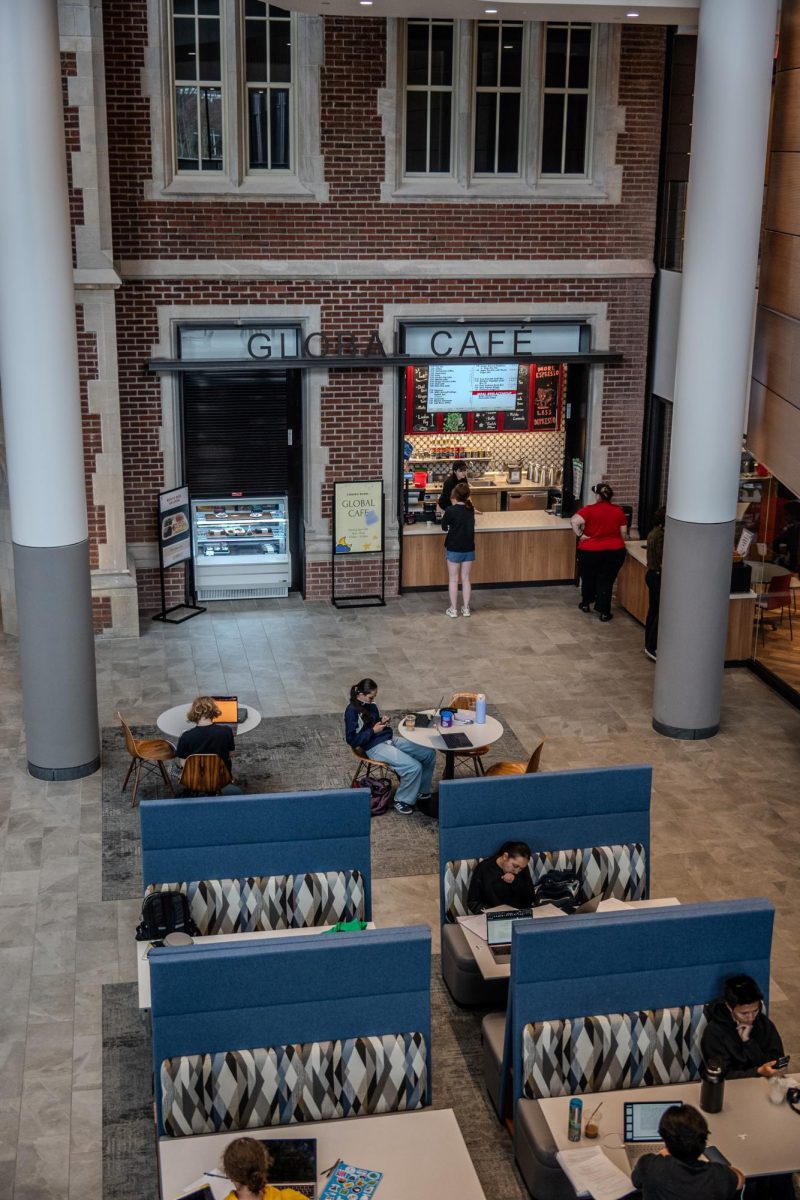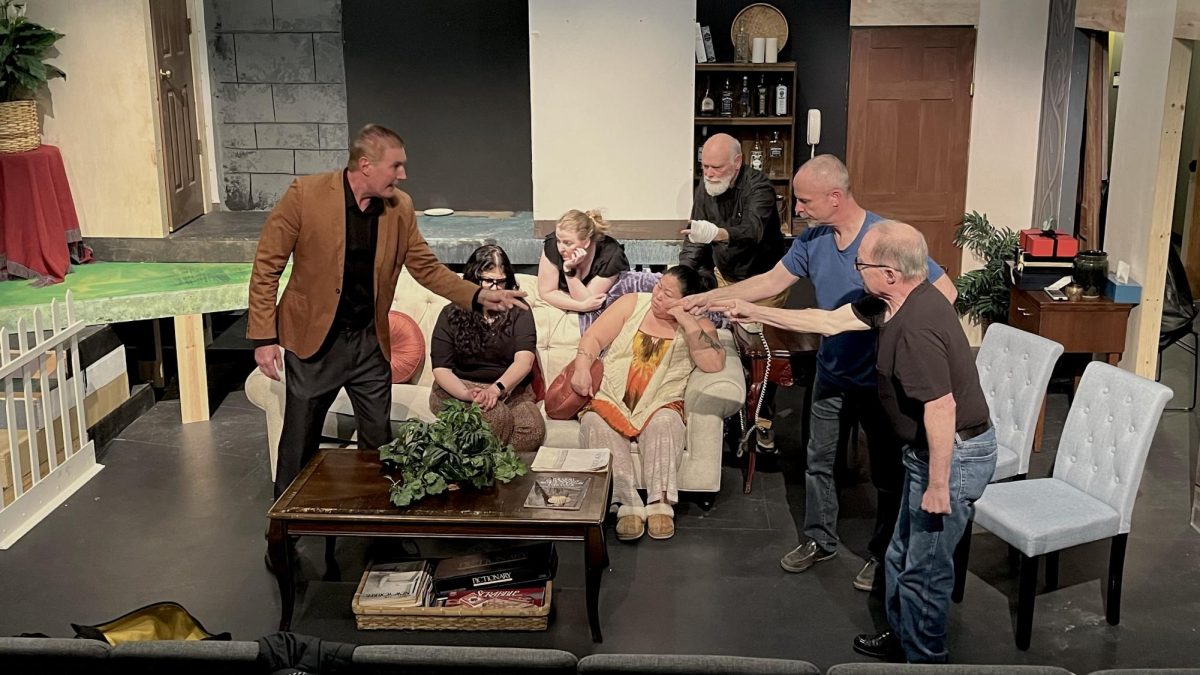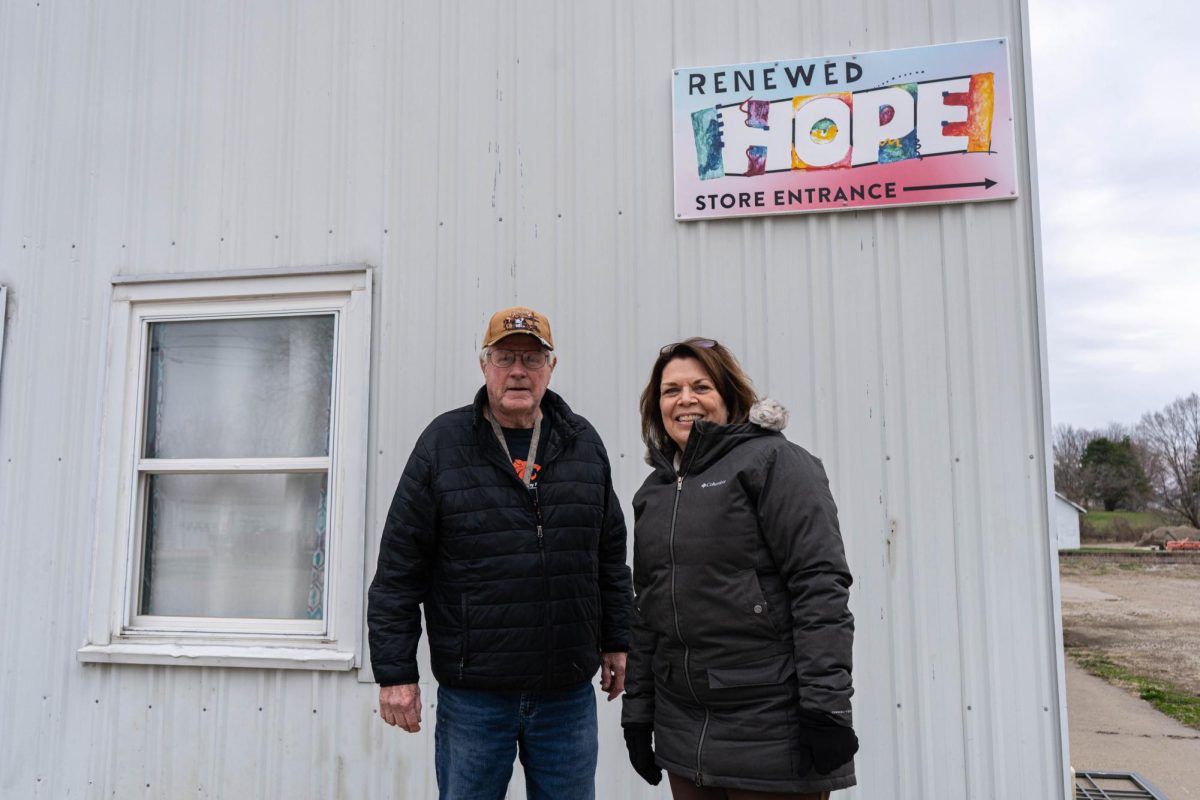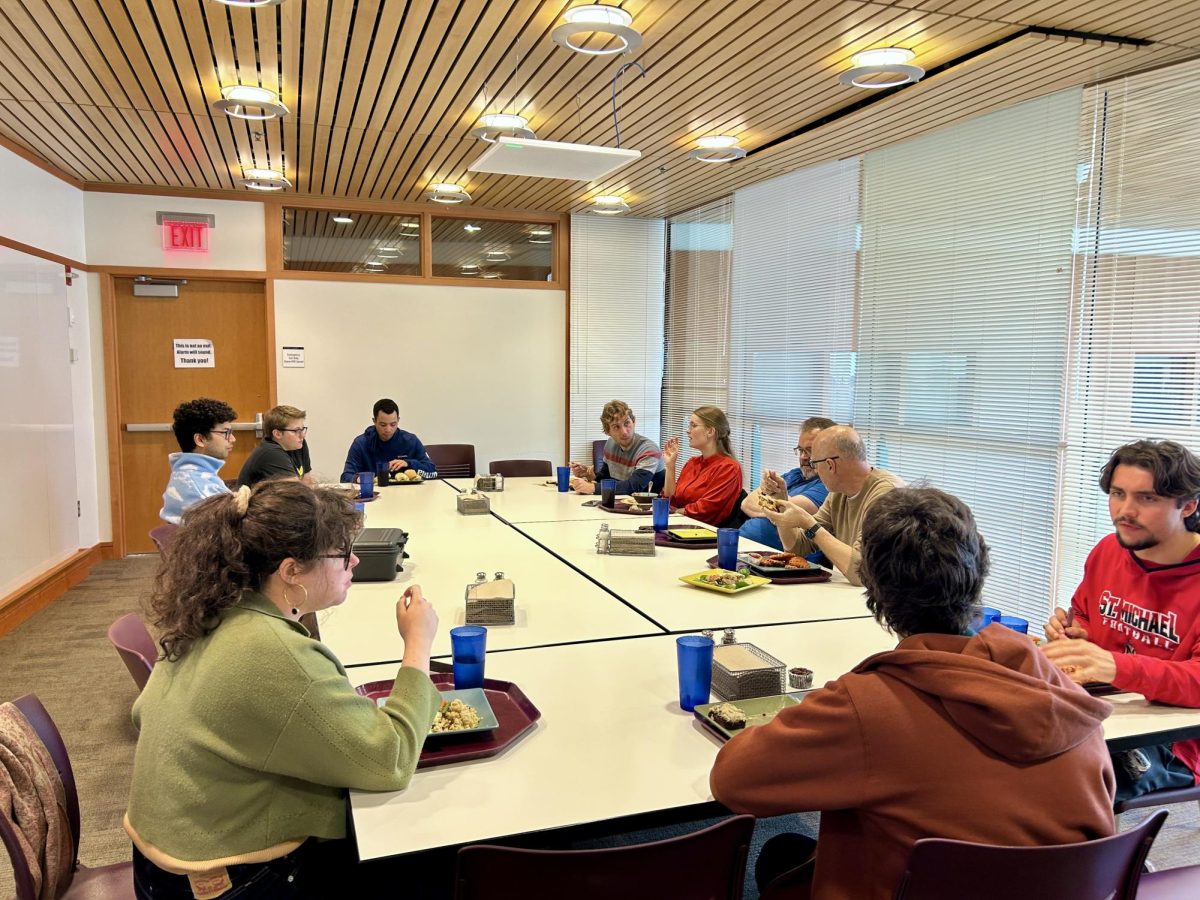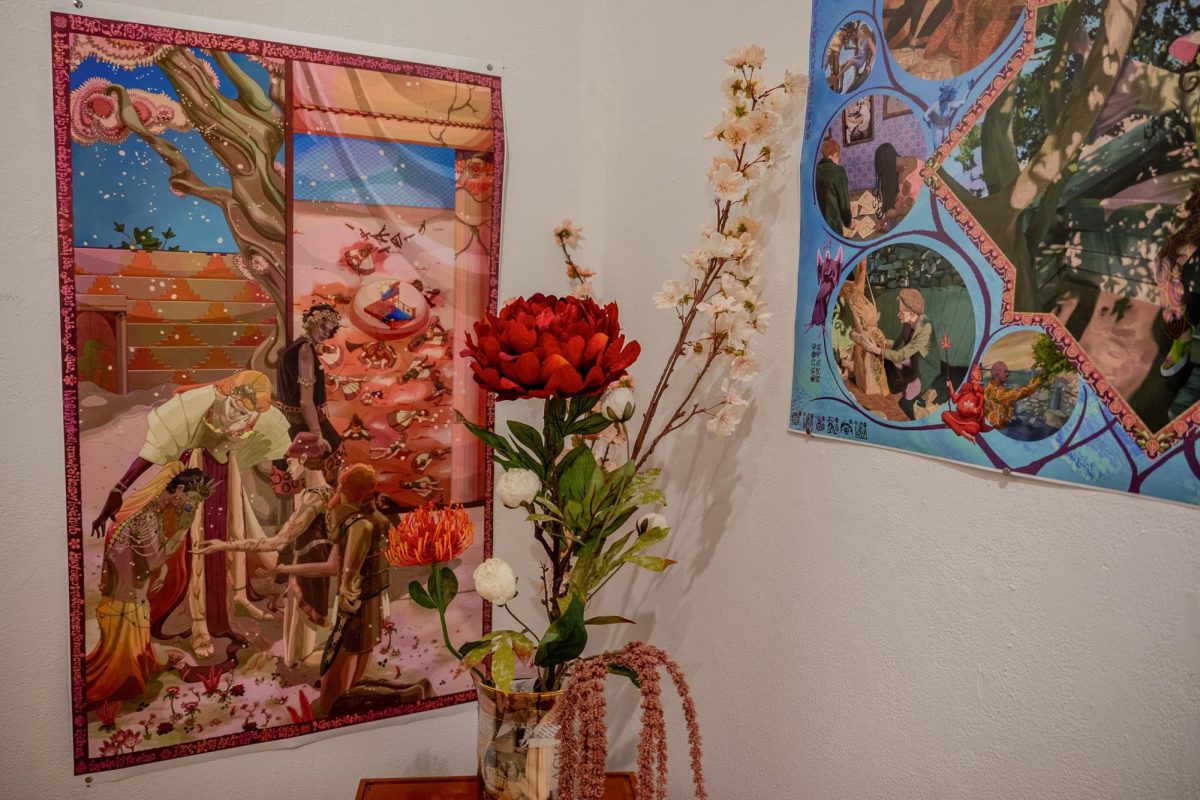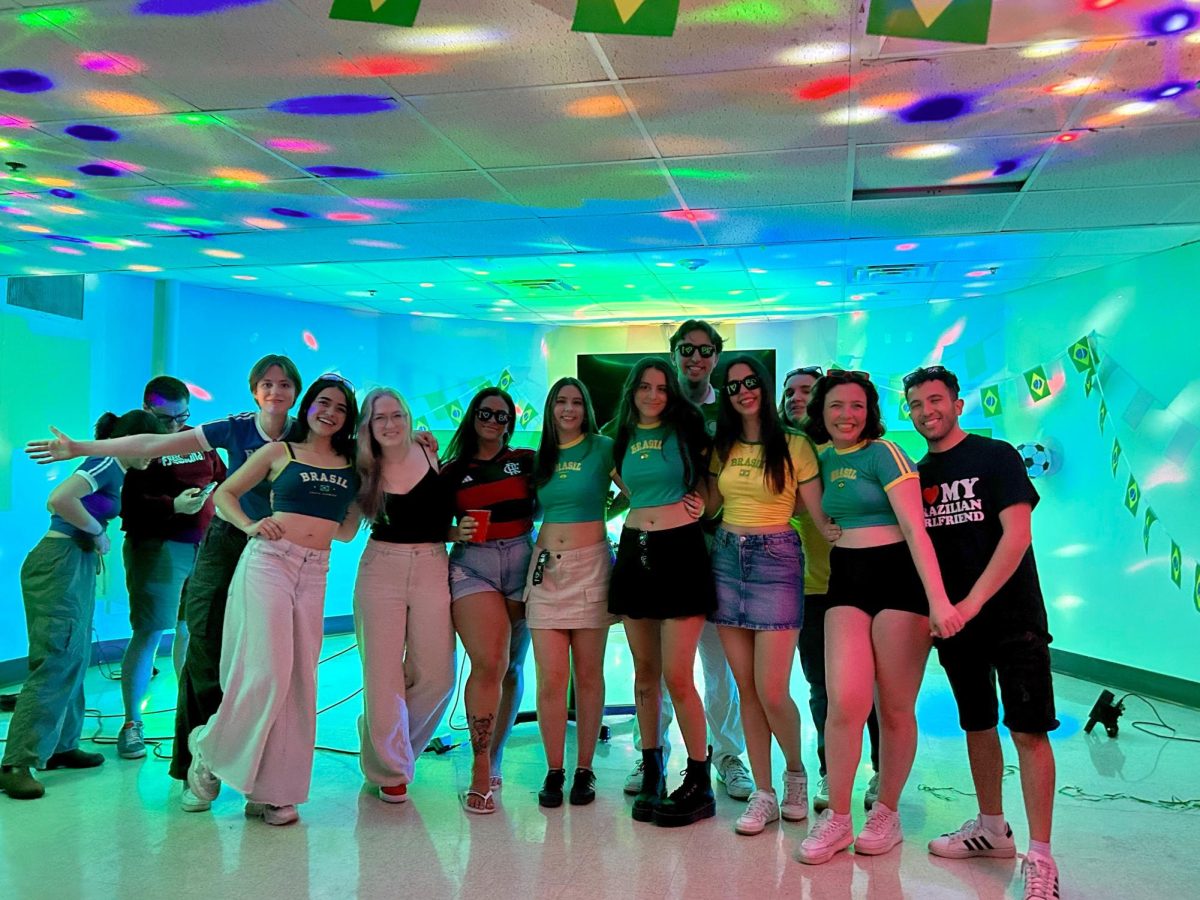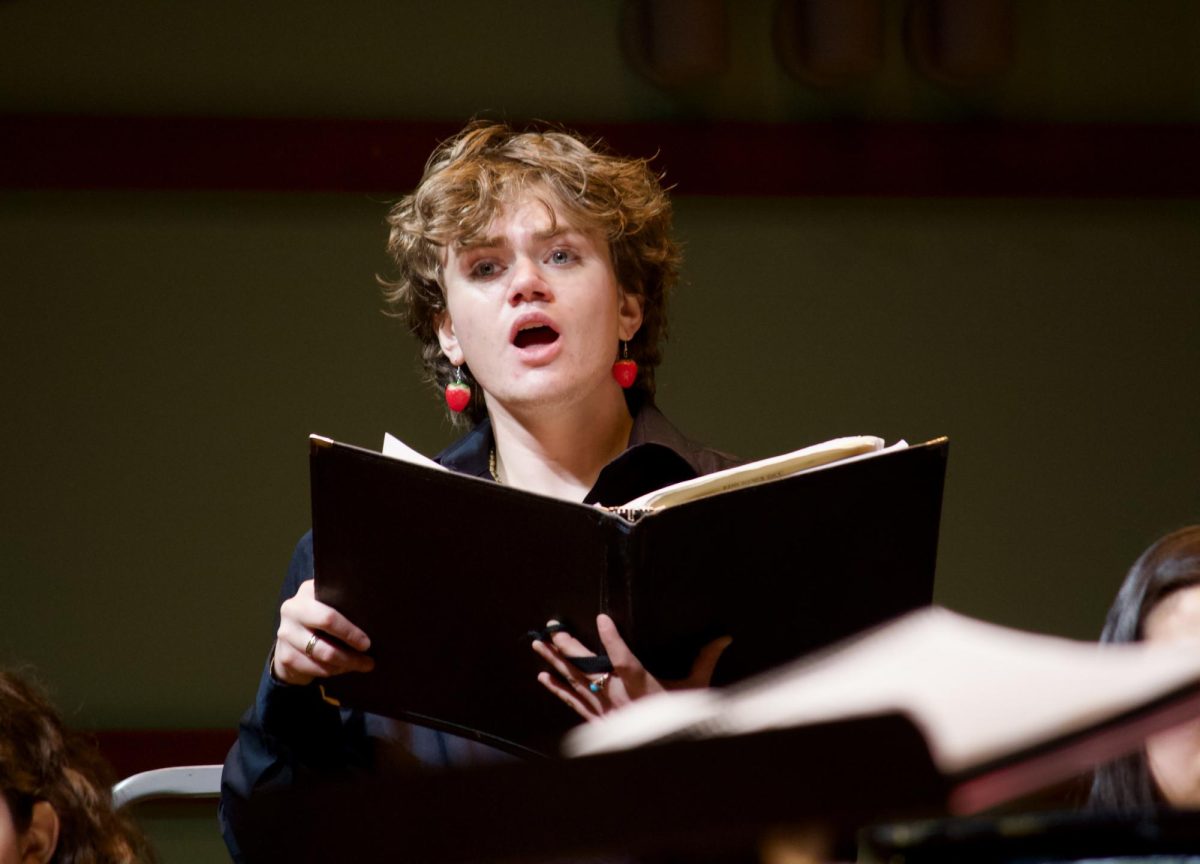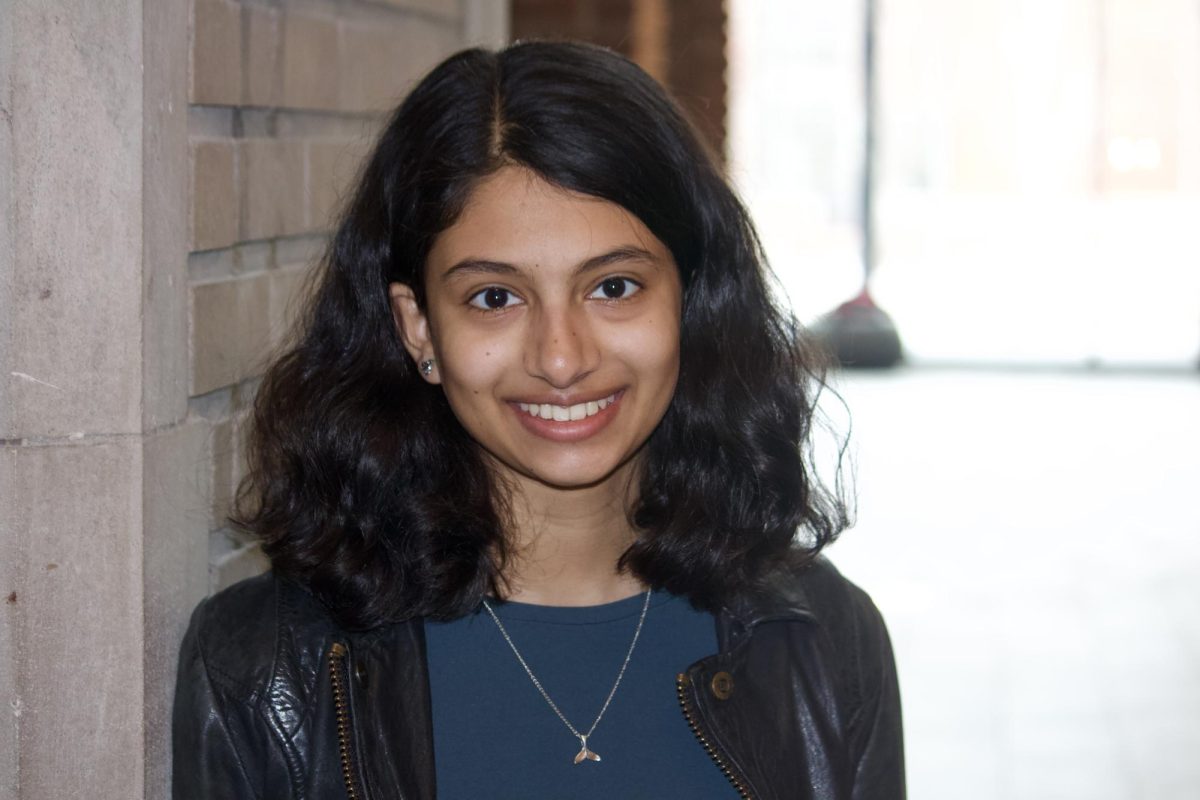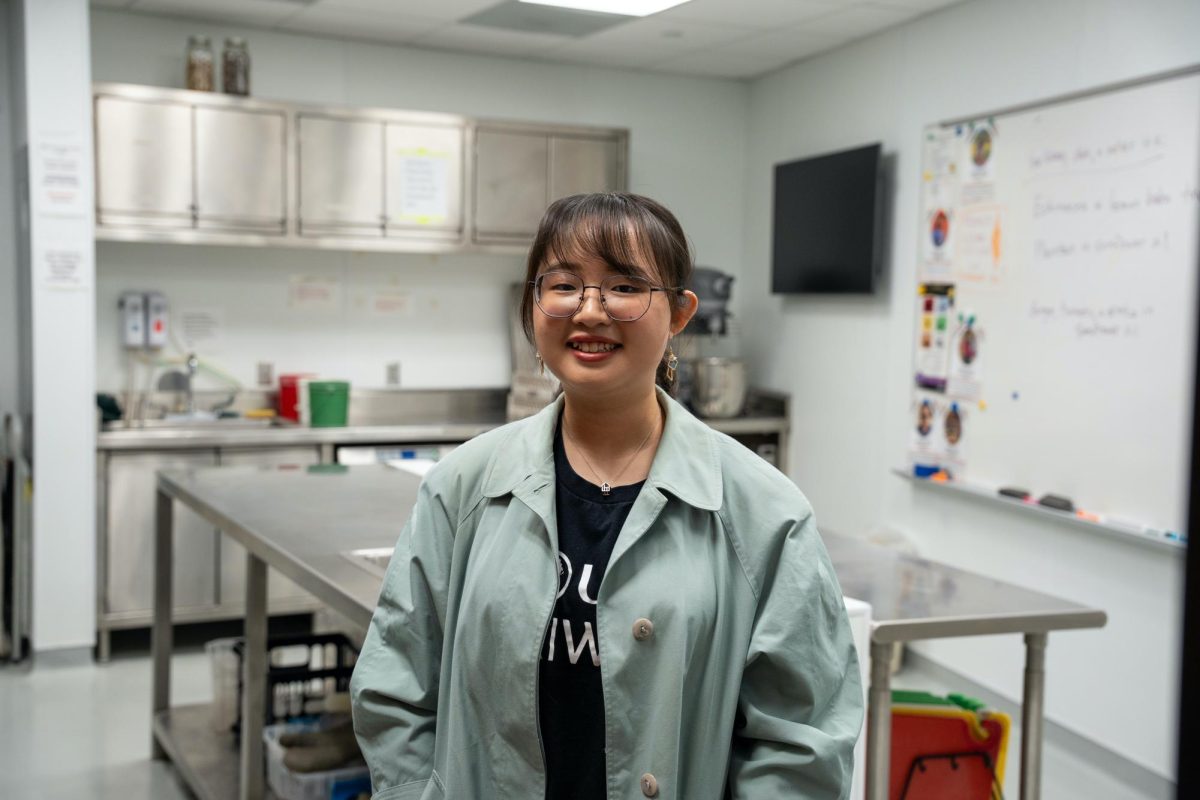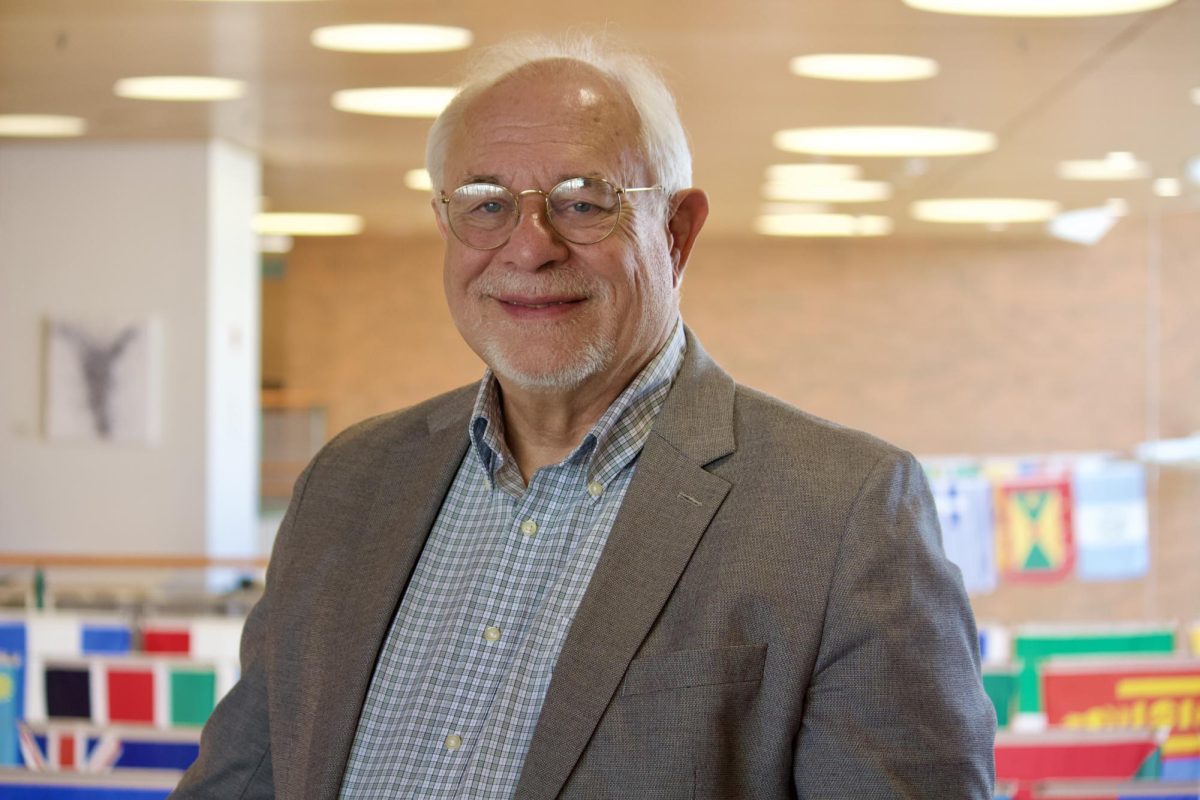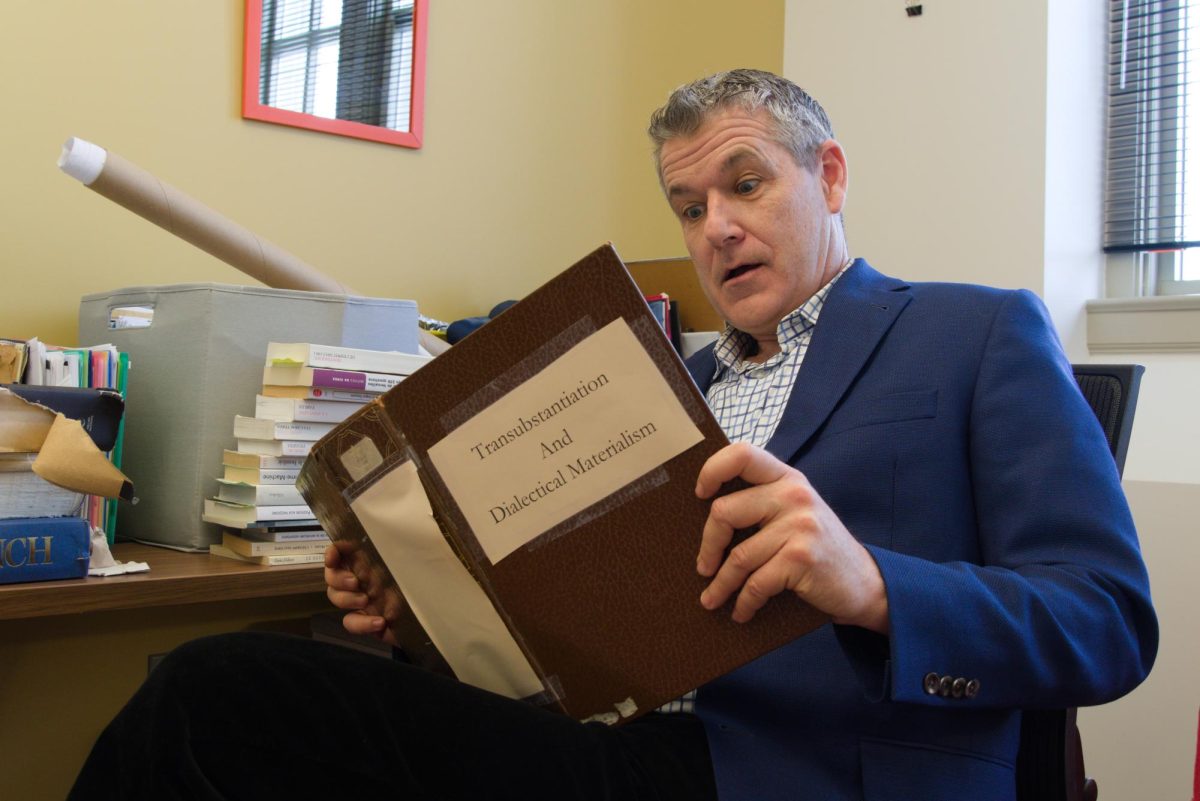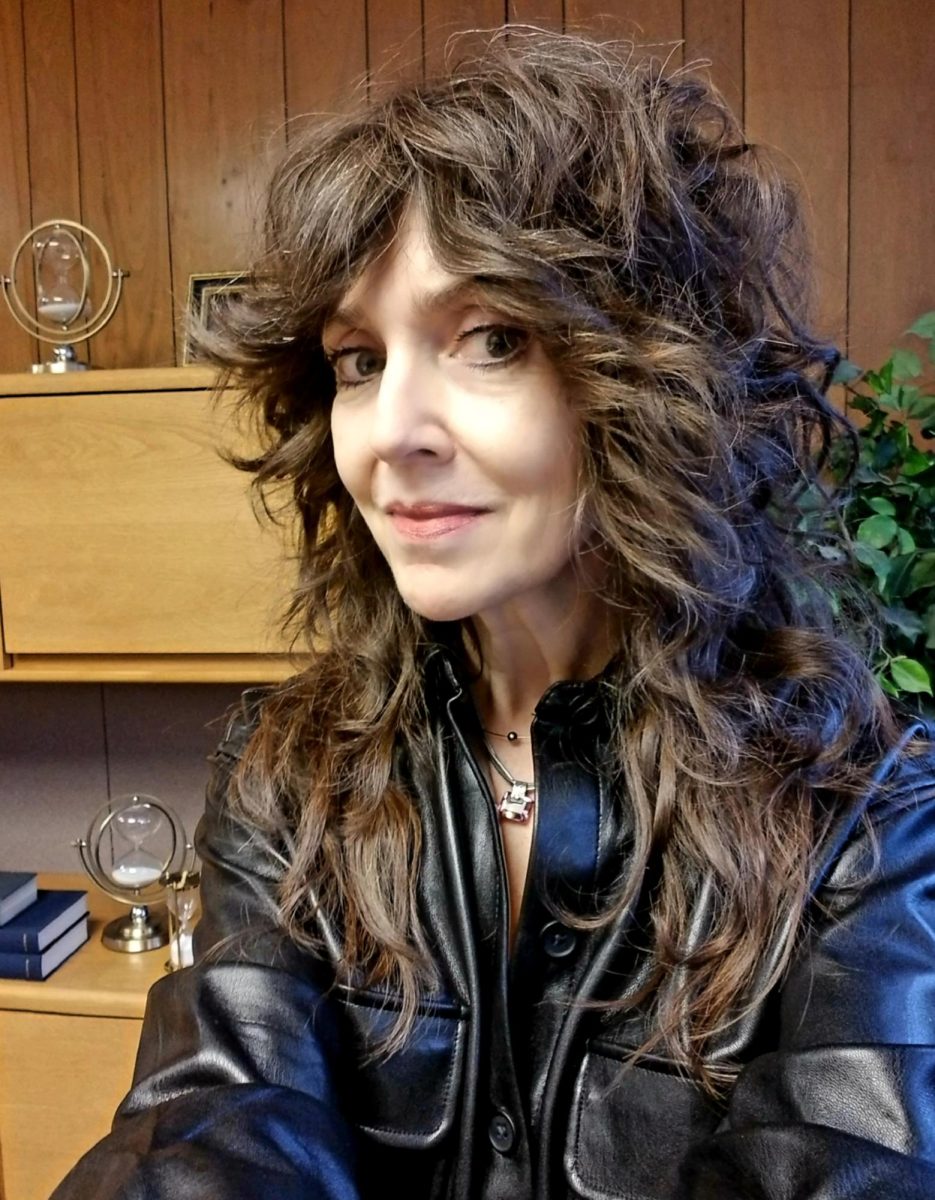Grinnell College announced Thursday that Deborah Dodge will assume the position as the College’s second ever ombudsperson on Dec. 2. Dodge’s hiring follows the retirement of Chinyere Ukabiala, who has been ombudsperson since the Grinnell College Ombuds Office was established in 2013.
Dodge will come to Grinnell from her current position as ombuds at Central Michigan University. She holds a master’s degree from Vanderbilt University and is credentialed through the International Ombuds Association.
Myrna Hernandez, chair of the search committee, wrote in an email to The S&B that “Throughout the process, I was struck by Ms. Dodge’s warmth and listening for understanding, her passion and commitment to the principles and practices of the International Ombuds Association, and her excellent and thoughtful questions about Grinnell, clearly informed by her own research.”
The ombudsperson at Grinnell provides a neutral resource for conflict resolution for students, faculty and staff. Dodge said that there are four ethical principles that guide the practice of the Ombuds Office — confidentiality, independence, neutrality and informality. She emphasized the informality of the ombudsperson and said that visiting the ombuds will not initiate a formal process.
Dodge said the ombudsperson also keeps anonymized, unidentifiable data to track trends and patterns in campus conflicts. “It’s one of the things that I’m really excited about,” she said. “I can’t wait to get a repository of reports to see from 2013 to now, what are the concerns? How has that shifted over the years?”
Dodge said the popularity of ombudspersons on university campuses originated in the 1960s in response to student demands for conflict resolution during periods of student activism and social unrest. “In my mind, one of the best things an ombuds can do is help to close any gap that might exist between what an organization says it is, and how people perceive it or experience it,” Dodge said.
Dodge said that she prefers offices like Grinnell’s that serve not only students, but also faculty, and sometimes family members as well. “Ombuds’ power is really the power of partnering, the power of diplomacy and how they appropriately elevate concerns or patterns or trends,” she said.
Hernandez wrote that finalists visited Grinnell in September for in-person interviews. “In addition to professional and DEI skills and demonstrated experience, I was looking for someone who could build trust, listen impartially, use a variety of methods to help others manage conflict, deal with uncertainty, and empower others,” Hernandez wrote.
Dodge described the hiring process as “very Grinnell — it was deliberate and unhurried.” She said that she initially had questions and concerns about the small size of Grinnell’s campus and how that might affect the functions of the Ombuds Office. However, on the day of her on-campus interview, Dodge said those concerns melted away and were replaced by excitement. “I was really quite impressed and smitten that very day with Grinnell,” she said.
She said that she felt magic on Grinnell’s campus but recognizes that there are conflicts at every institution. “I get that the experience for some individuals is not ideal. It’s not what they thought they were opting into, and those are the people that I look most forward to visiting with.”


